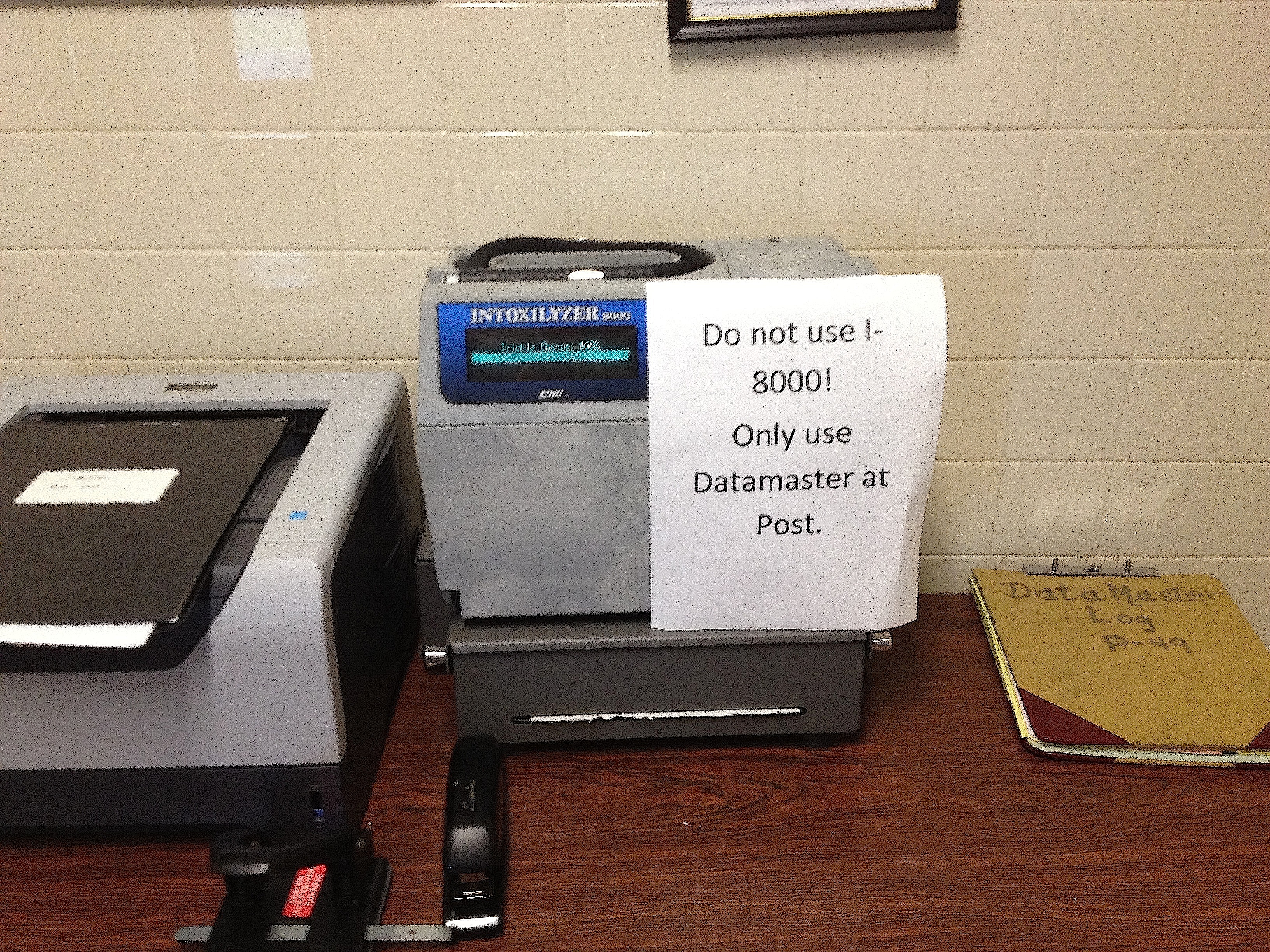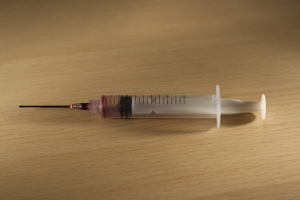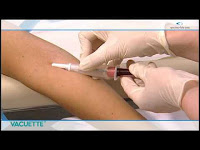 For the first time, an appellate court in Central Ohio addressed whether evidence from an Intoxilyzer 8000 is admissible in an O.V.I./D.U.I. trial. The court of appeals ultimately decided that the defendant is prohibited from challenging the general reliability of the Intoxilyzer 8000, so the results of that machine’s breath tests are admissible. The court’s opinion, however, contained language questioning whether that prohibition should continue to be the law in Ohio O.V.I. cases.
For the first time, an appellate court in Central Ohio addressed whether evidence from an Intoxilyzer 8000 is admissible in an O.V.I./D.U.I. trial. The court of appeals ultimately decided that the defendant is prohibited from challenging the general reliability of the Intoxilyzer 8000, so the results of that machine’s breath tests are admissible. The court’s opinion, however, contained language questioning whether that prohibition should continue to be the law in Ohio O.V.I. cases.
Should Ohio Police Be Able to Draw Blood Against Your Will?

Trooper Mark Winder stopped Tyler McNeely for speeding and observed the usual trilogy of intoxication signs: odor of alcohol, bloodshot eyes, and slurred speech. Winder gave McNeely field sobriety tests and arrested him for driving while intoxicated. The trooper drove McNeely to a hospital and asked McNeely to give a blood sample. McNeely declined. Without obtaining or even seeking a warrant, the trooper had a lab technician take a blood sample from McNeely while McNeely was restrained. The blood sample was later analyzed, and it was determined that the concentration of alcohol in the blood was .154.
Holiday Greeting: Drive Sober Or Get Pulled Over
The holiday season is at its climax. Some of us who would not ordinarily step foot in a mall battle huge crowds to buy last-minute gifts. Most of us attend more parties in two weeks than they we do the rest of the year. All of us are being told “drive sober or get pulled over”.
Intoxilyzer 8000 Challenges Continue
Previous posts in this blog discussed developments with the Intoxilyzer 8000 breath-testing machine. On May 30, 2011, the post summarized the Gerome case in Athens. In Gerome, the judge held the defendant is permitted to introduce evidence of factors affecting the breath test results. Another post reported the disappearing Intoxilyzer 8000 records maintained by the Ohio Department of Health. On June 11, 2011, this blog reported the judge’s decision in the Reid case in Circleville. In Reid, the prosecution did not present expert witnesses, and the judge concluded the machine’s results are not reliable enough to be considered as evidence. After the Reid decision, prosecutors have taken a couple different approaches with Intoxilyzer 8000 cases.
NCDD Vegas Seminar 2012: A Sure Winner
Last week was the annual seminar sponsored by the National College for DUI Defense in Las Vegas. I have attended the seminar for years, and it is consistently a great seminar. It doesn’t hurt that it’s in Vegas, but what really makes it great is the caliber of presenters.
The seminar is co-sponsored by the National Association of Criminal Defense Lawyers (NACDL), and current NACDL president Steven Benjamin gave a great presentation about the report from the National Academies of Sciences (NAS) report: “Strengthening Forensic Science in the United States: A Path Forward”. Other outstanding speakers included Troy McKinney on the topic of blood testing discovery and William “Bubba” Head on the issue of winning the unwinnable case by proving police perjury.
The highlight of the seminar for me was the presentation by F. Lee Bailey. Bailey is literally a living legend, having defended such high profile clients as Sam Sheppard (“The Fugitive”), Ernest Medina (the My Lai Massacre), Patty Hearst (bank robberies after being kidnapped by the Symbionese Liberation Army), and O.J. Simpson (no parenthetical explanation required!).
Drunk Driving Declines For Those Not Permitted To Drink
According to the Columbus Dispatch, drunk driving fell 54 percent in the past two decades…among teens. This conclusion was reached in a recent report by the Centers for Disease Control and Prevention (CDC). The primary reasons for the decline of teen drunk driving are reported to be increased gas prices, decreased underage drinking, and tougher laws for underage alcohol consumption.
Rules Not Followed = Blood Test Thrown Out
 There are rules for blood testing, and they aren’t new. If the prosecution wants to admit a blood test as evidence in an Ohio O.V.I./D.U.I. case, the prosecution has to prove certain procedures were followed for the blood test. A few days ago, an Ohio court of appeals held that the procedures weren’t followed, so the blood test should have been thrown out in Statev. Ragle.
There are rules for blood testing, and they aren’t new. If the prosecution wants to admit a blood test as evidence in an Ohio O.V.I./D.U.I. case, the prosecution has to prove certain procedures were followed for the blood test. A few days ago, an Ohio court of appeals held that the procedures weren’t followed, so the blood test should have been thrown out in Statev. Ragle.
Statewide Texting Ban Begins In Ohio
Those 160 characters could cost you 150 dollars. If you are under 18, driving and texting could also cost you your license. Ohio’s statewide ban on texting while driving became effective yesterday.
Fake I.D. Cases In Columbus, Ohio
Ordinarily, this blog discusses issues related to Ohio D.U.I./O.V.I. law, but today I want to tell you about Jason. Jason had good grades, and he expected to get a good job when he graduated from The Ohio State University. His expectations changed when he was arrested at an O.S.U. football game for Underage Alcohol Consumption and False Identification. He found out that the diversion programs offered to some defendants for the underage alcohol charge are not offered to those caught with a fake i.d. Now, he has the offenses on his record as he looks for his first real job in a tight economy.
The Gold Standard For D.U.I./O.V.I. Seminars

For some lawyers, attending continuing legal education seminars is like going to the dentist; necessary, but not something you look forward to. For me, I actually look forward to many of the seminars I attend, and there are a few I have repeated. One I just attended for the second time is the “summer session” of the National College for D.U.I. Defense.
 Columbus OVI/DUI Attorney Blog
Columbus OVI/DUI Attorney Blog

